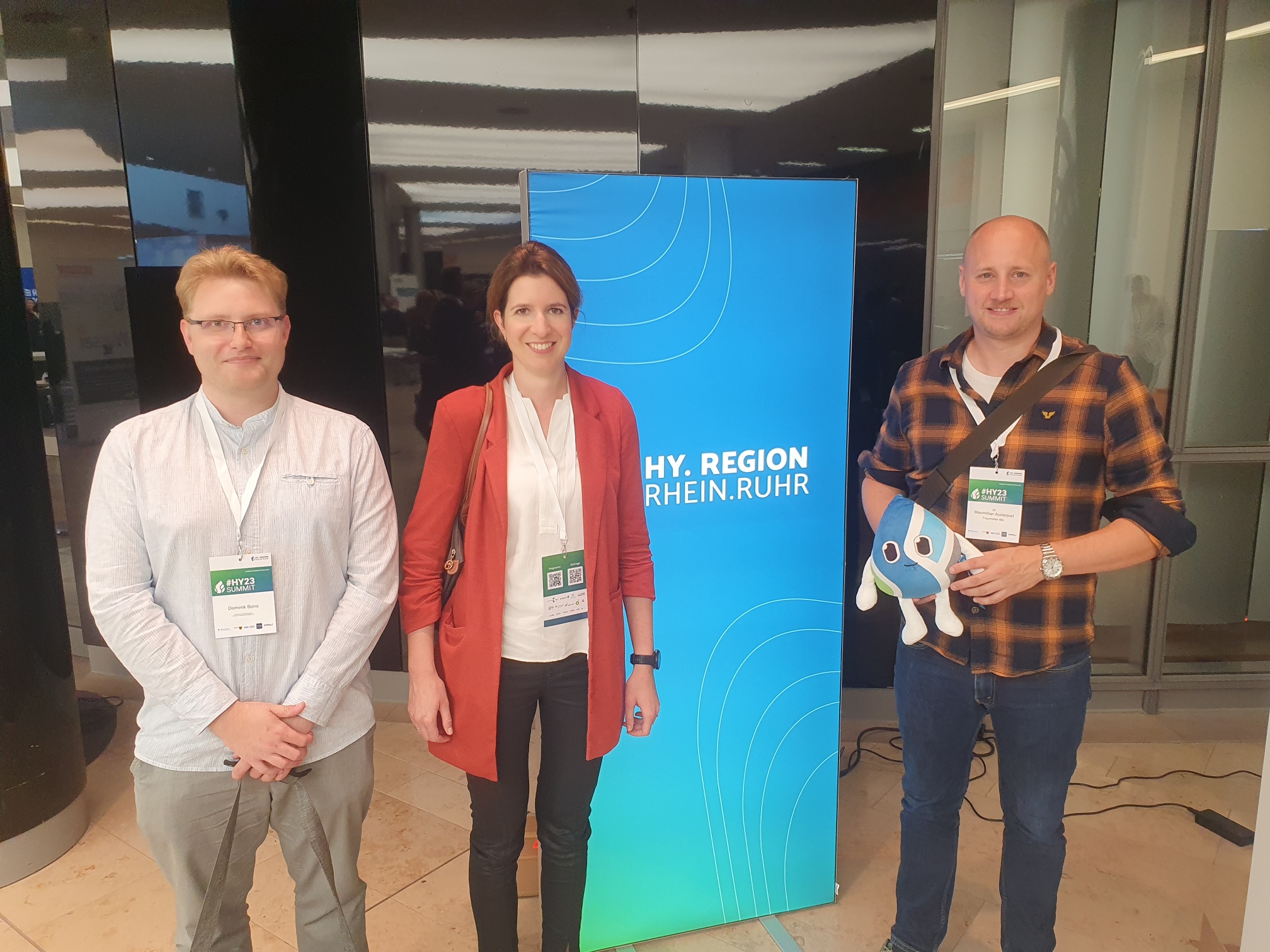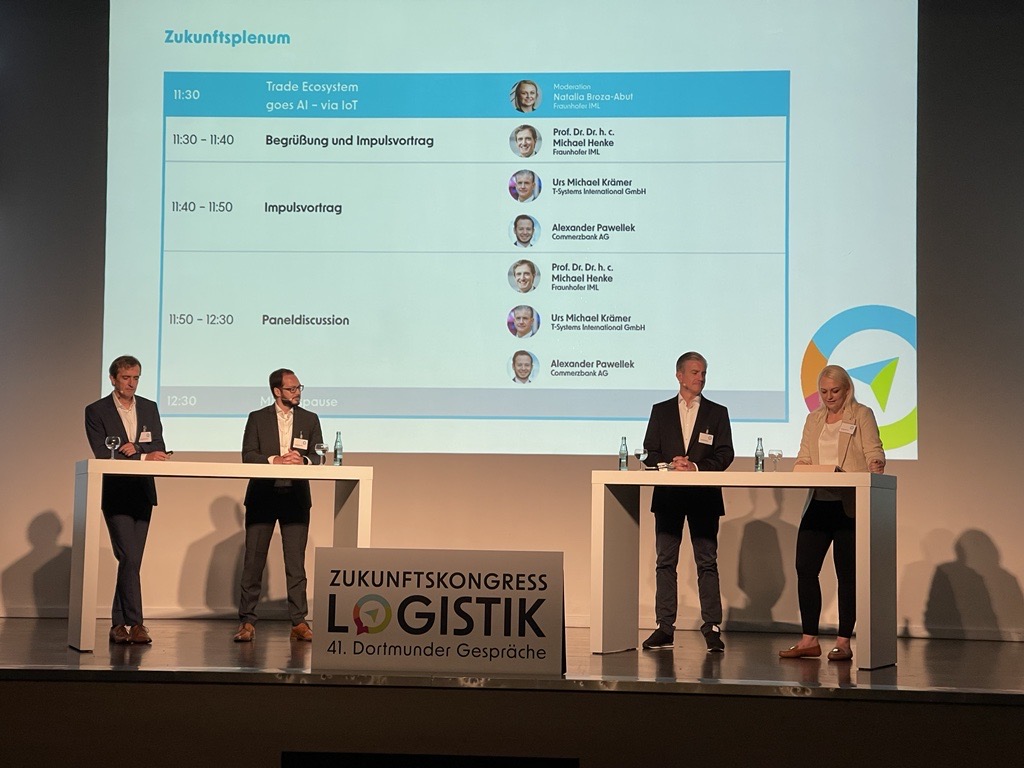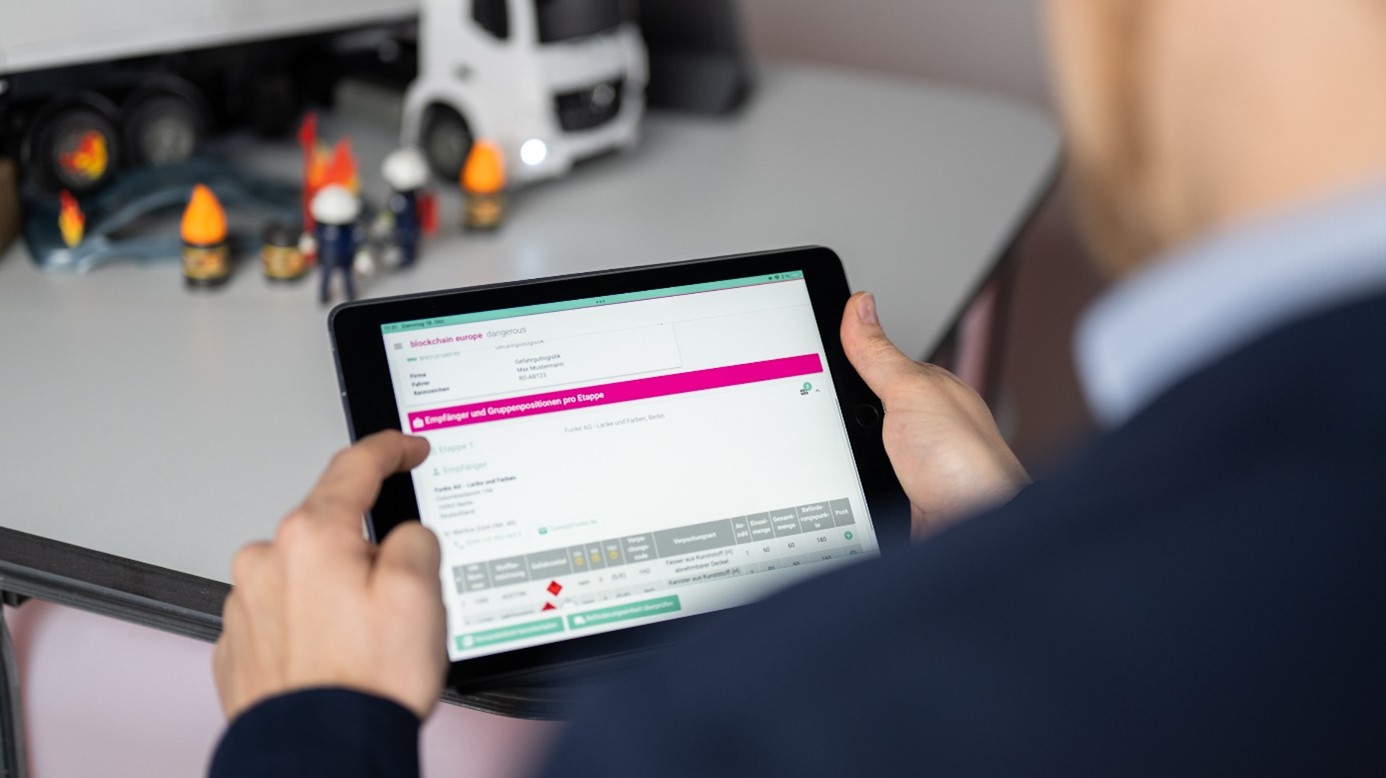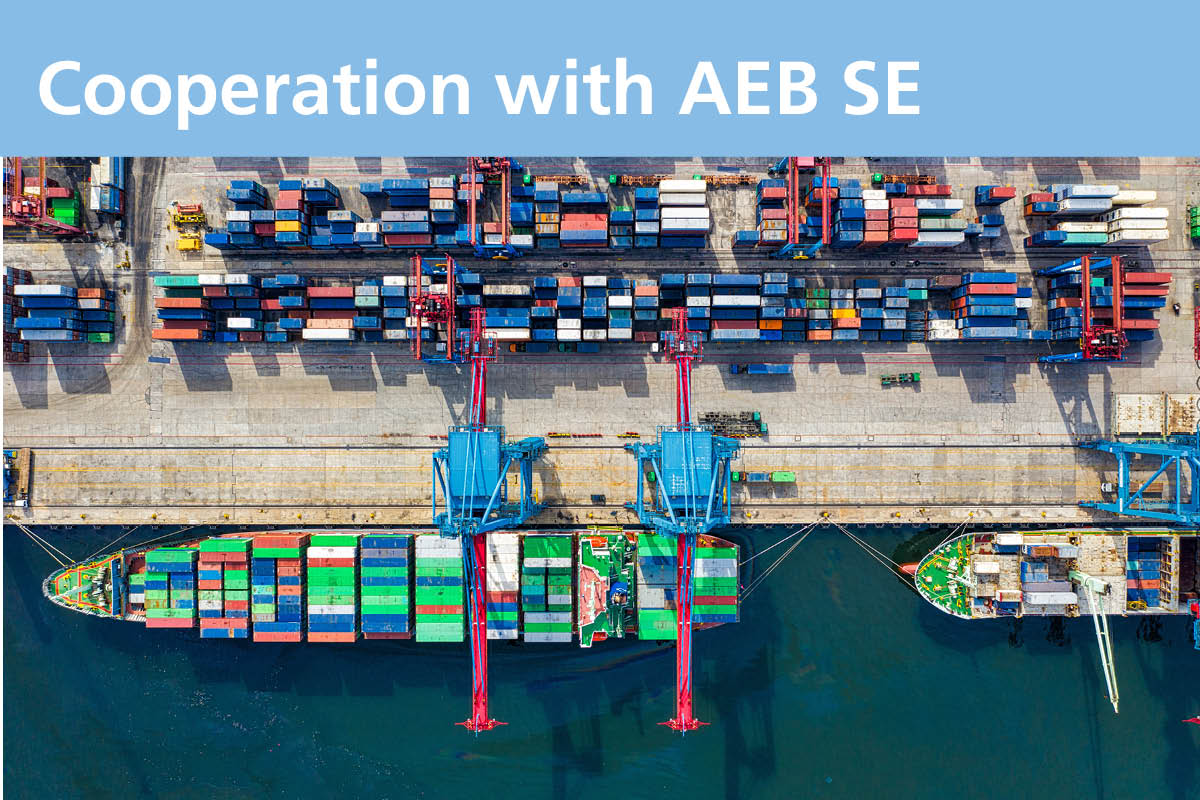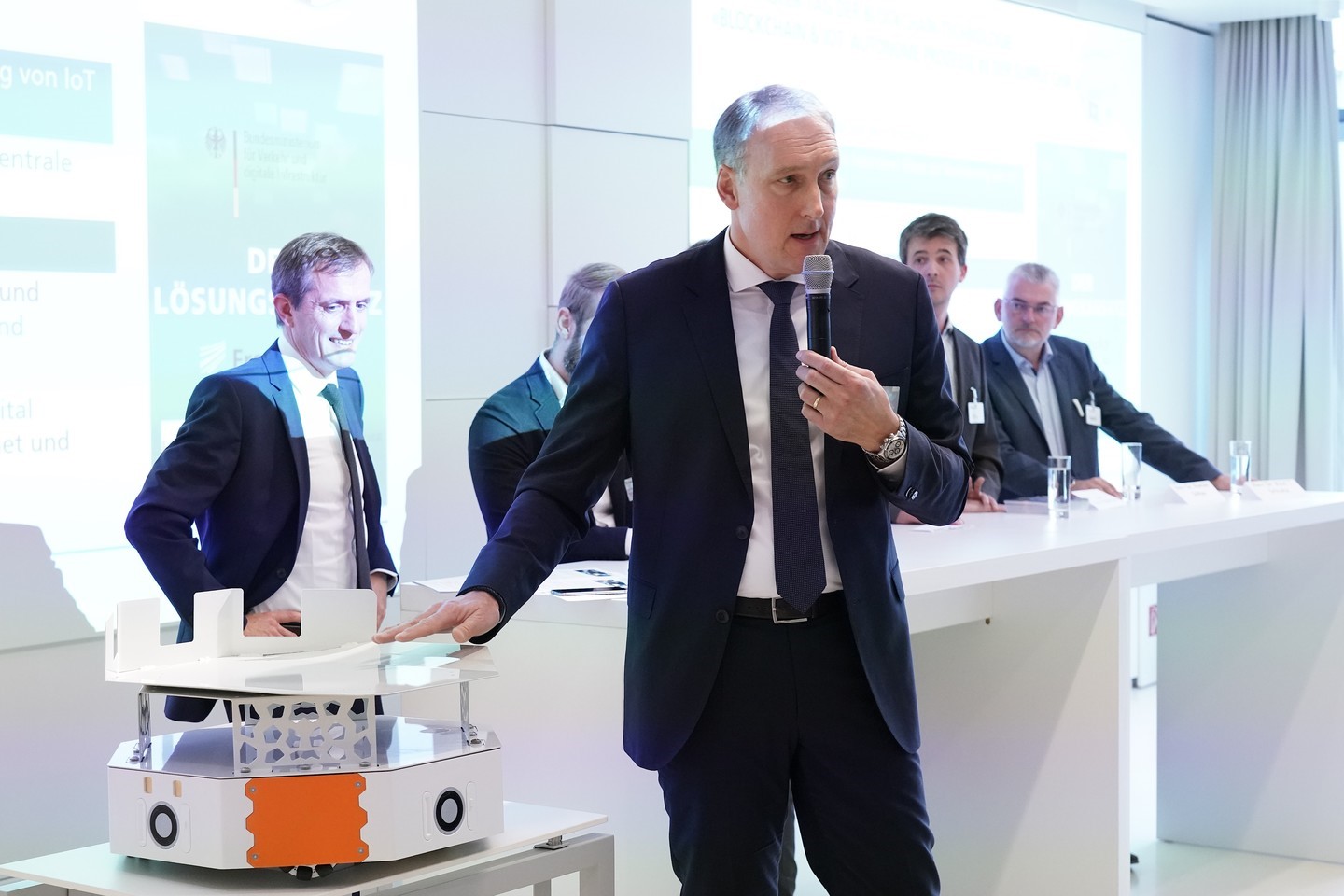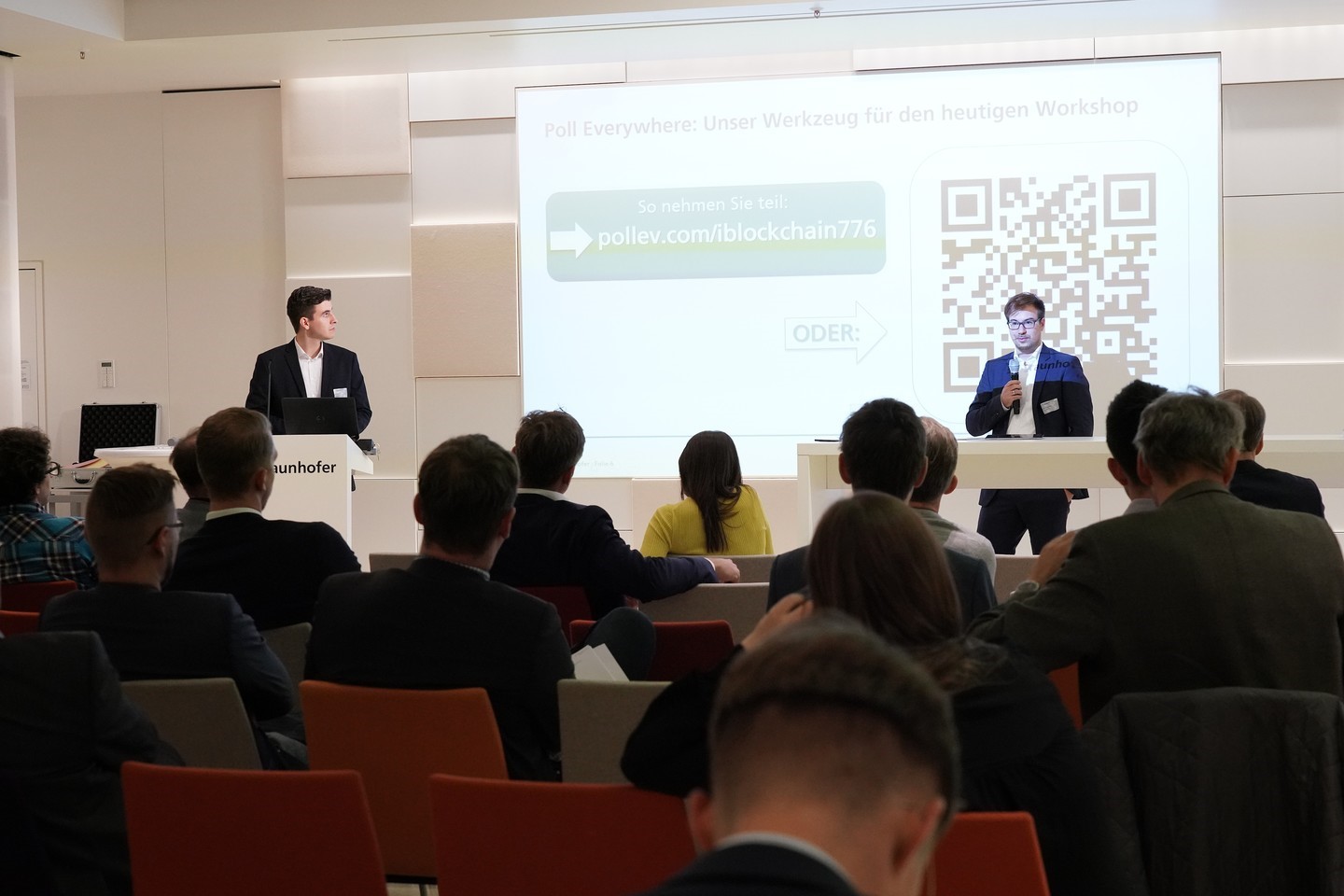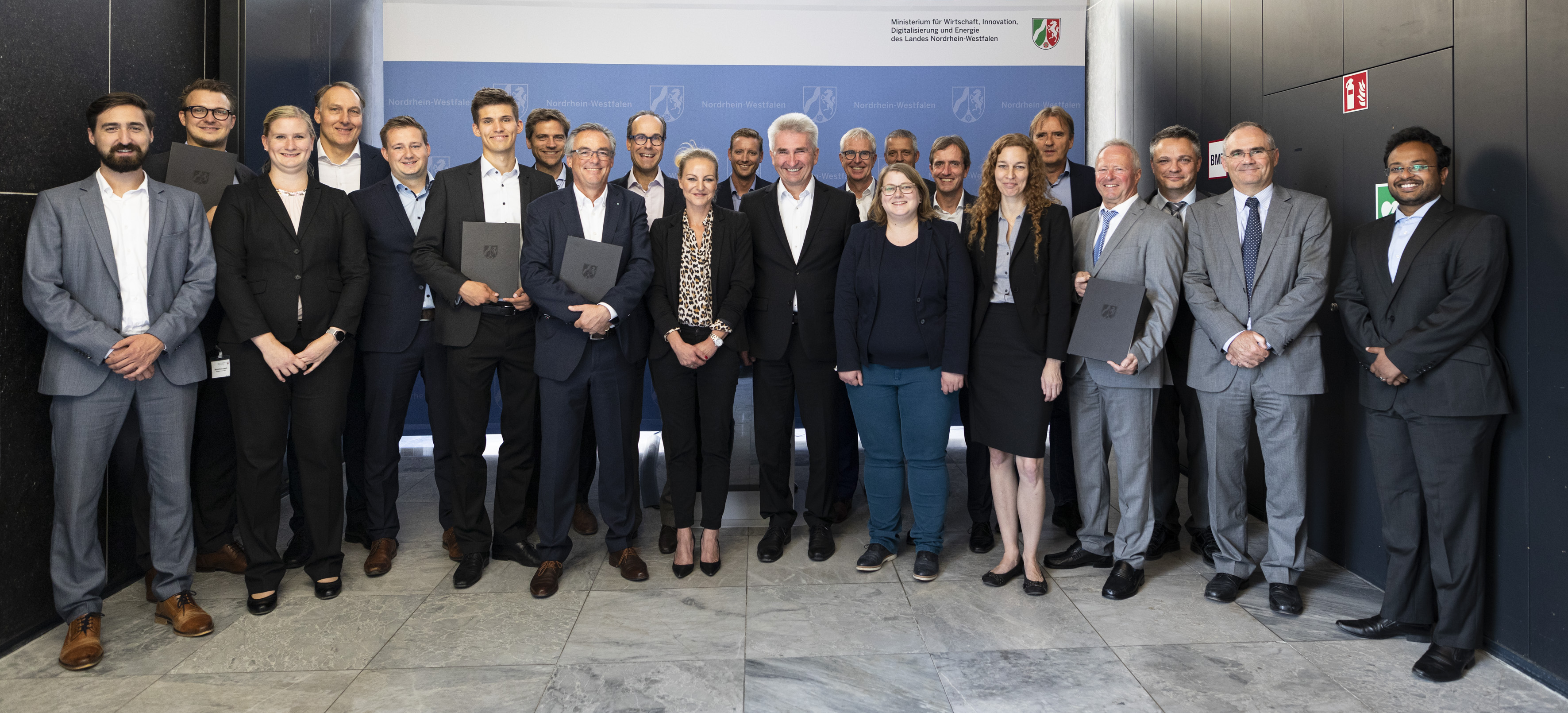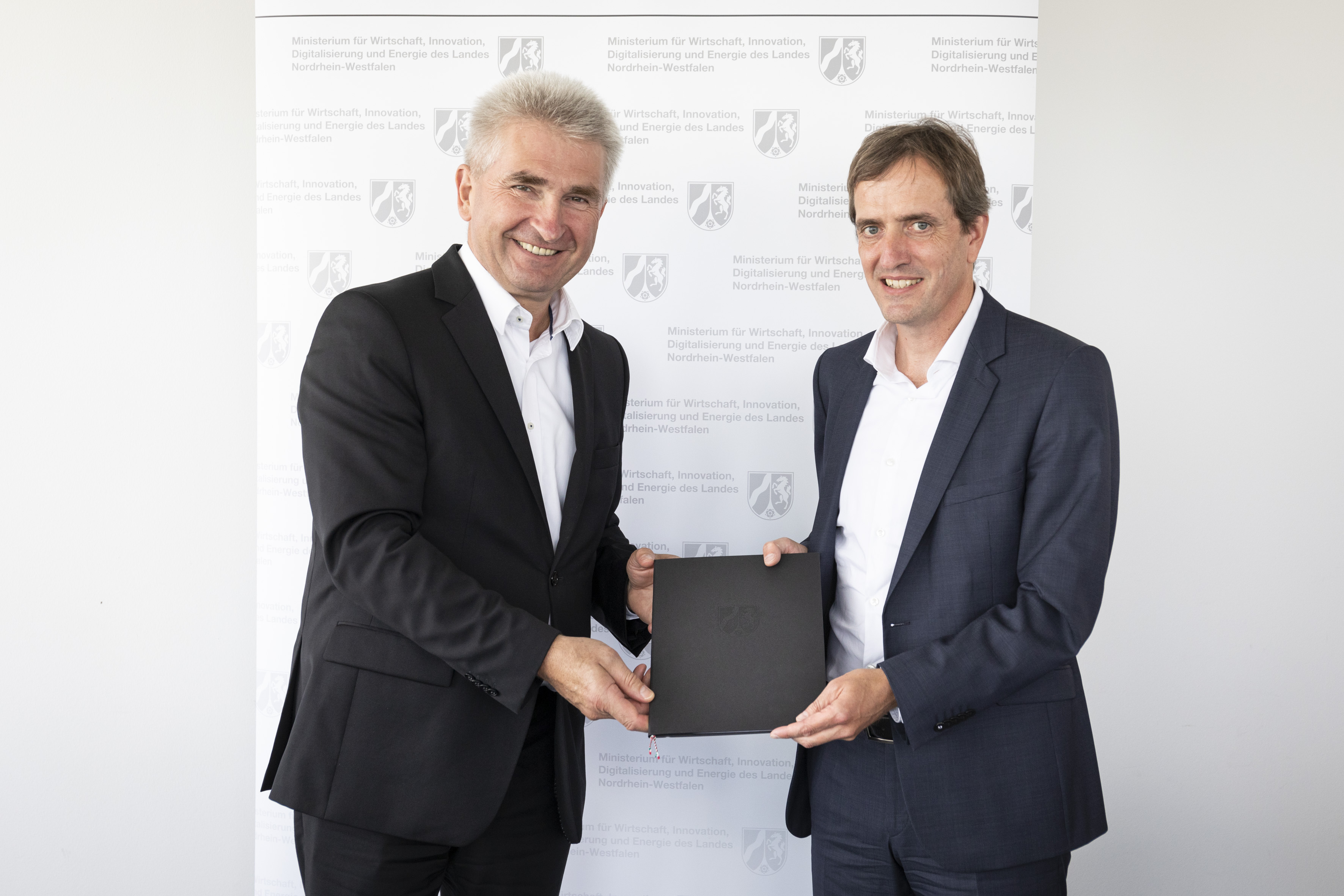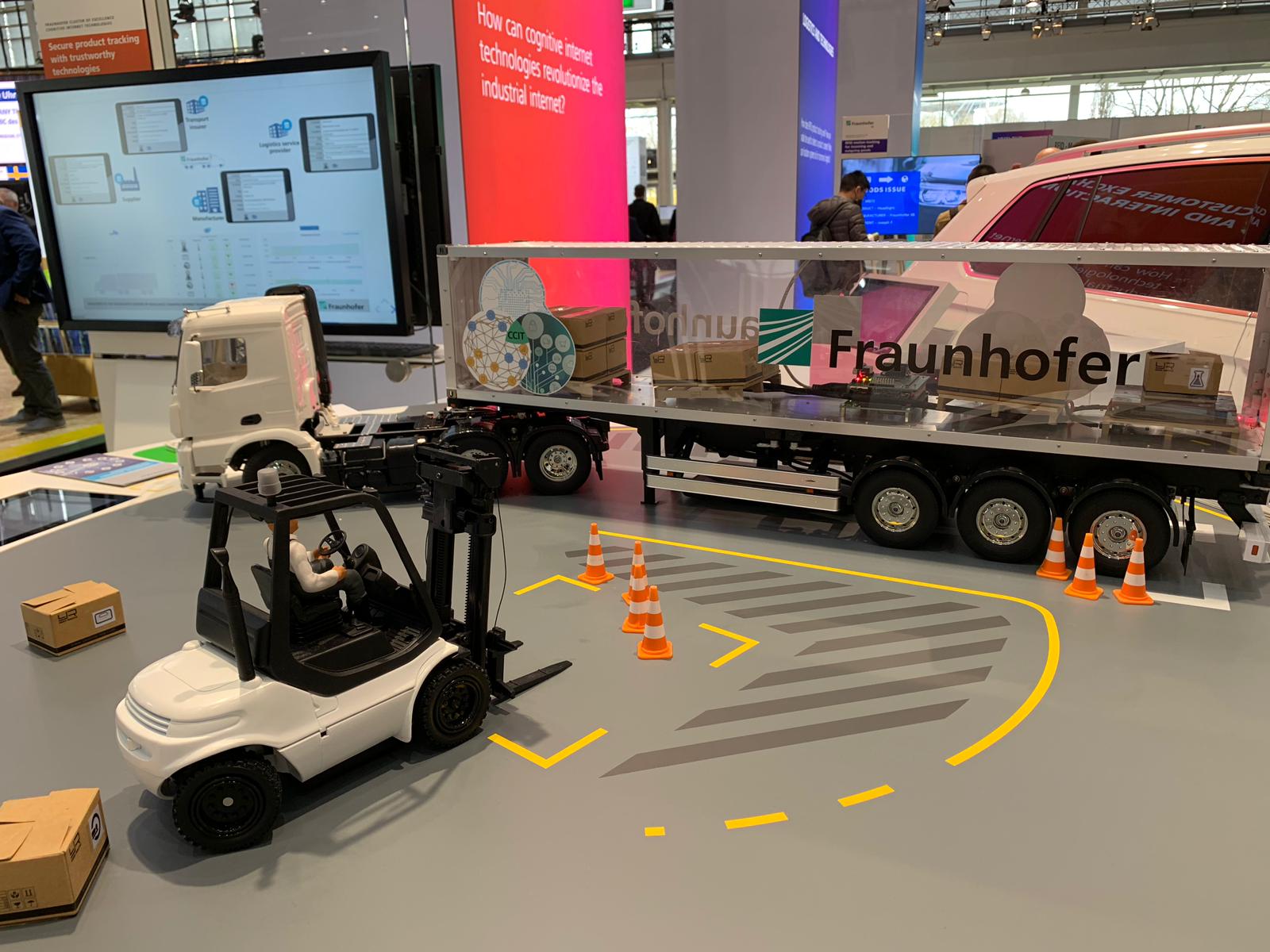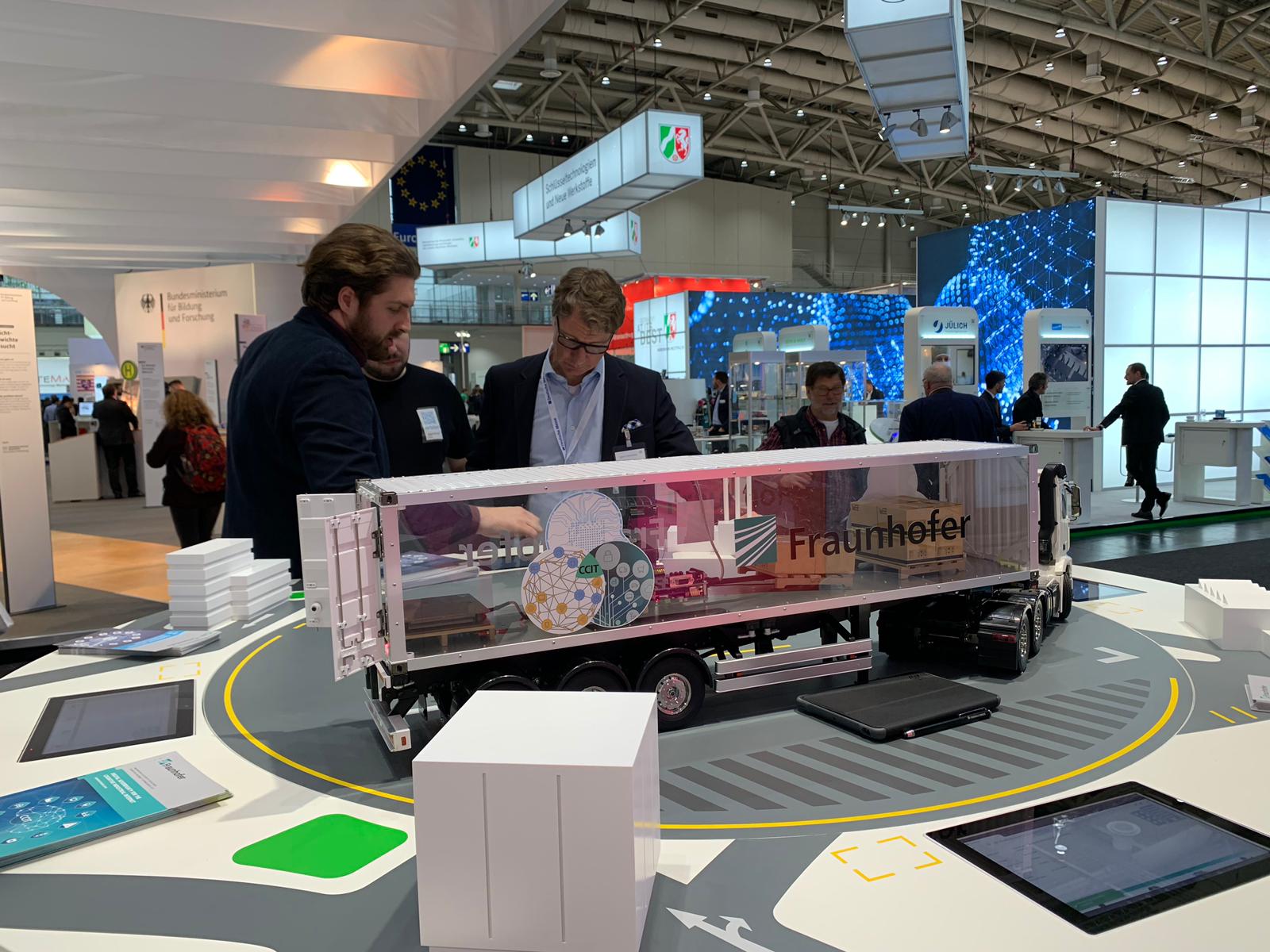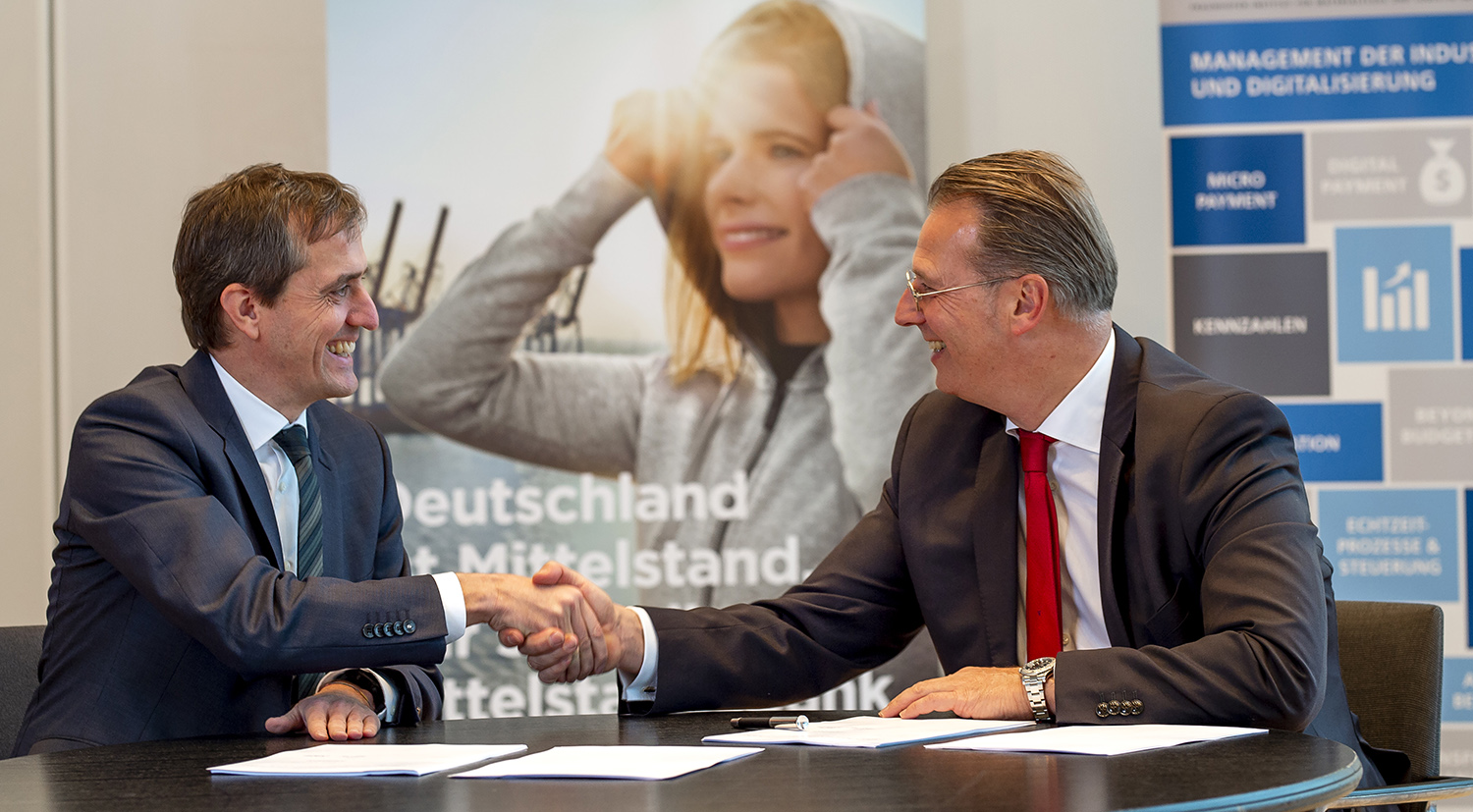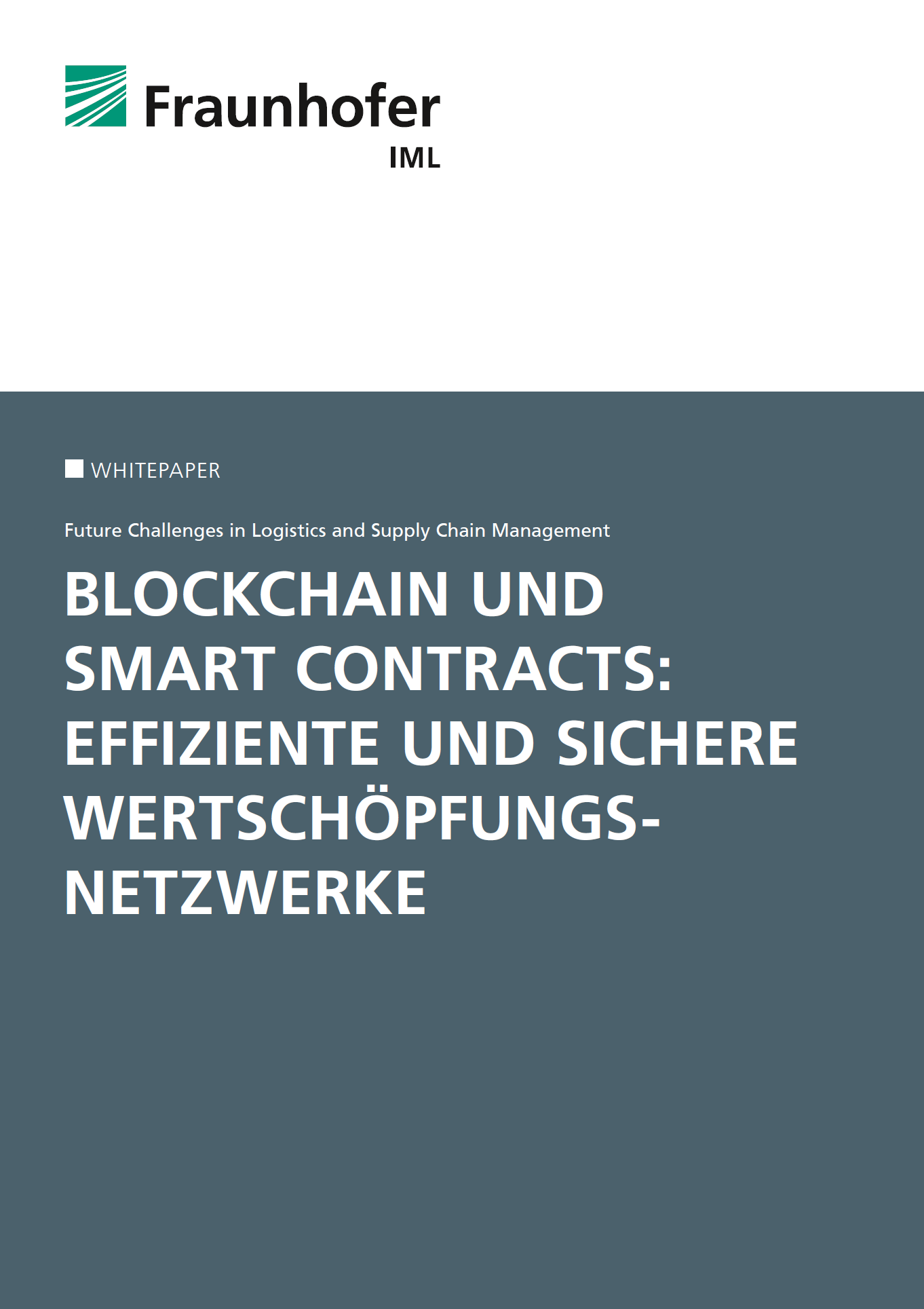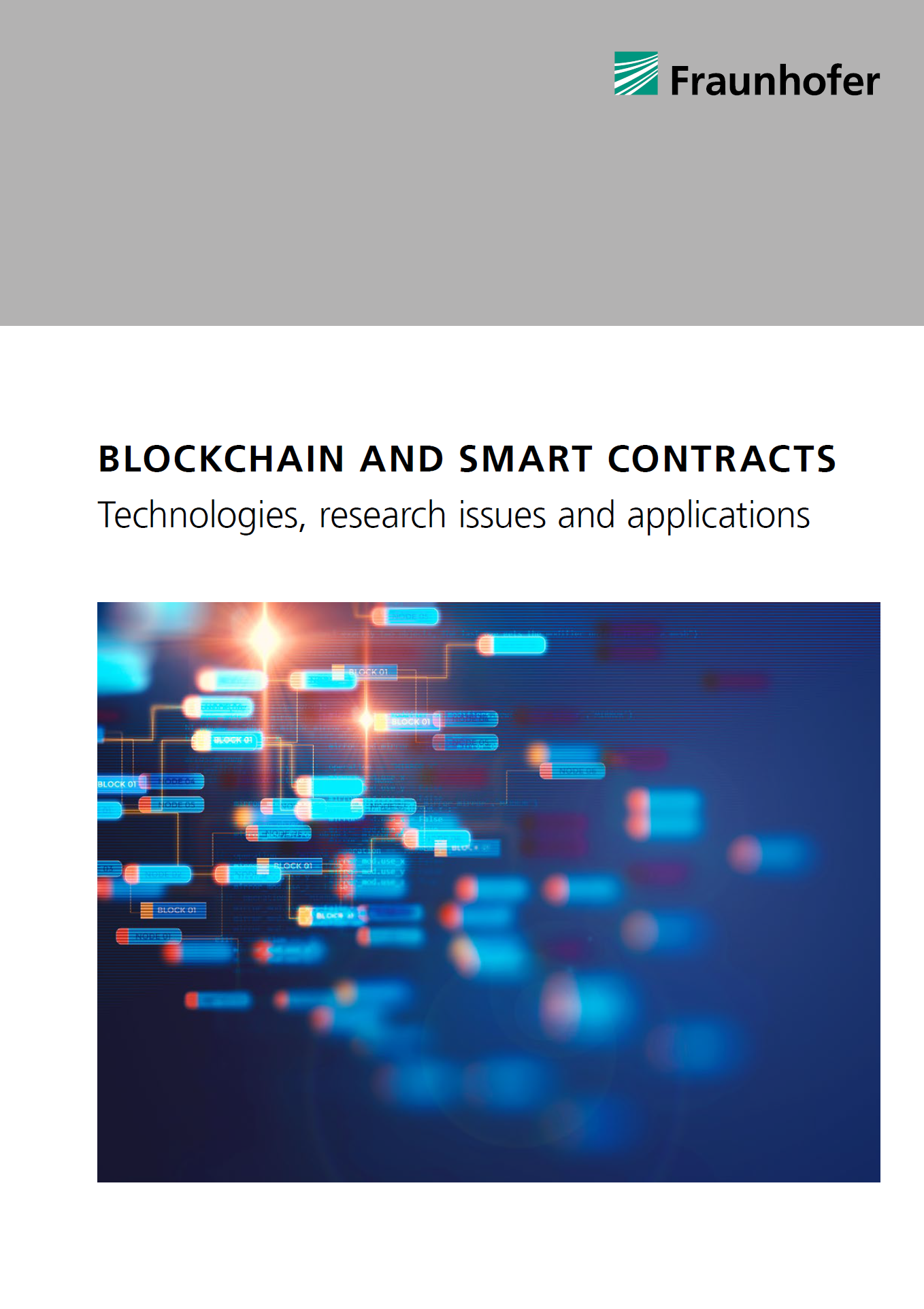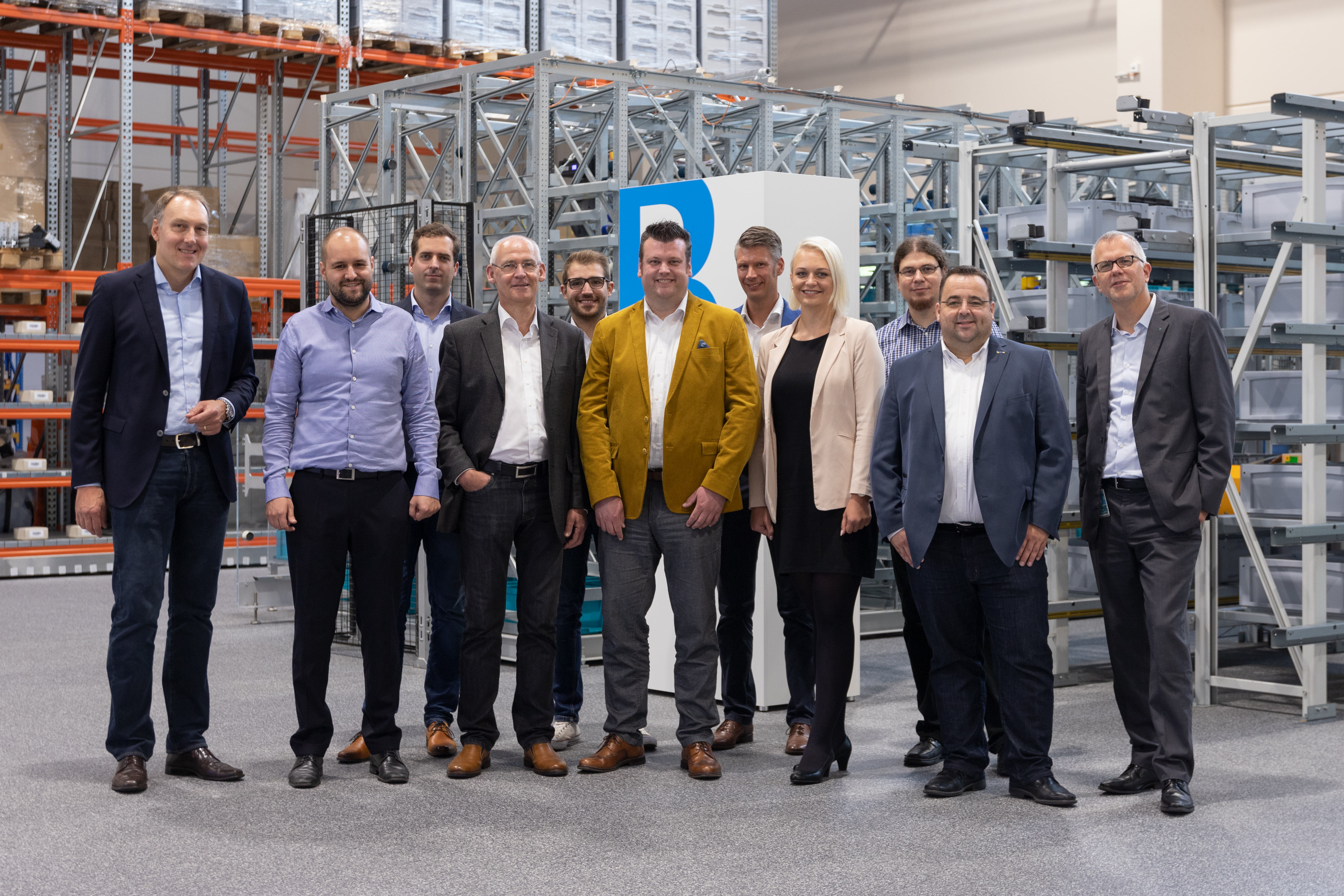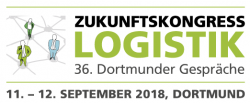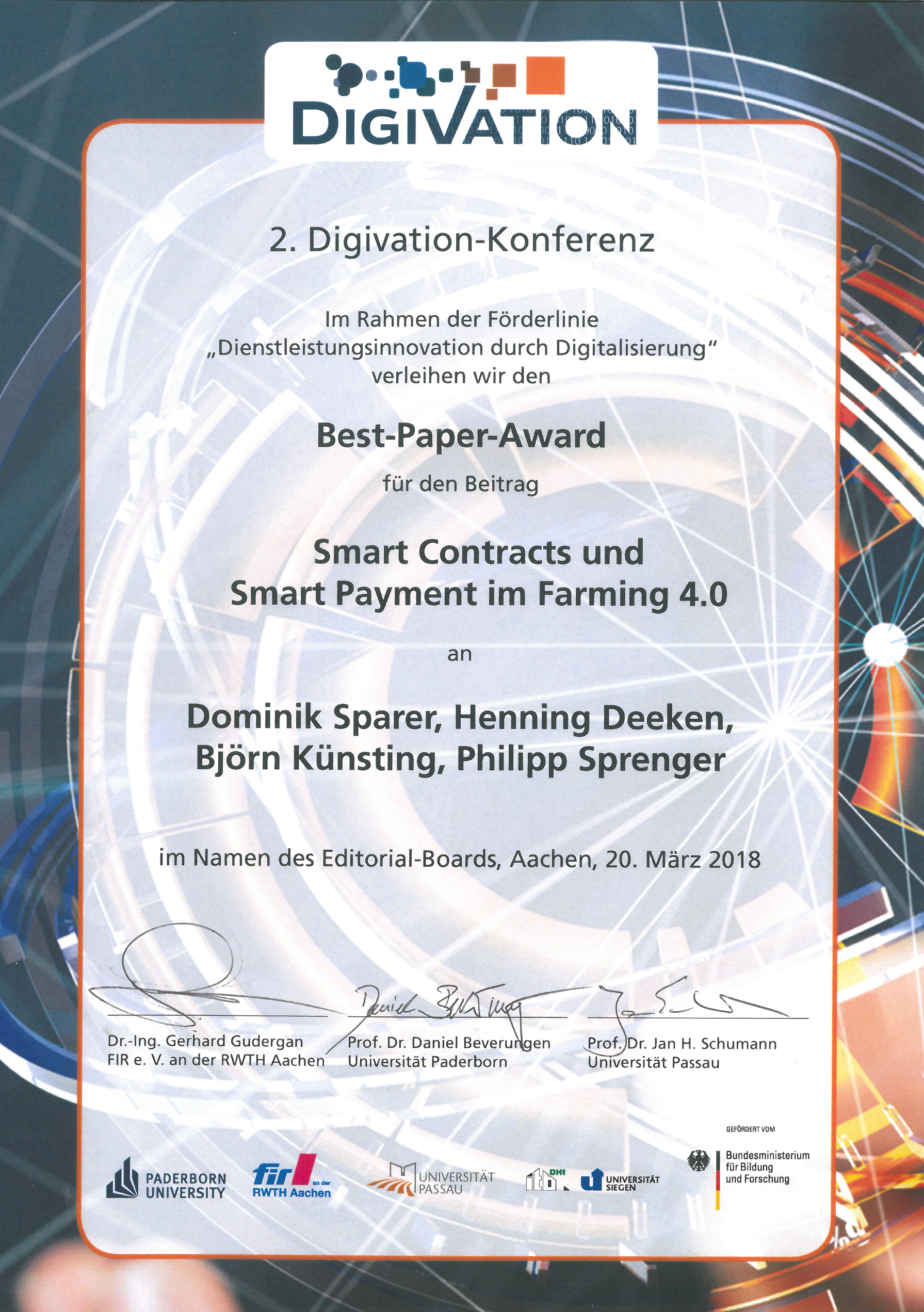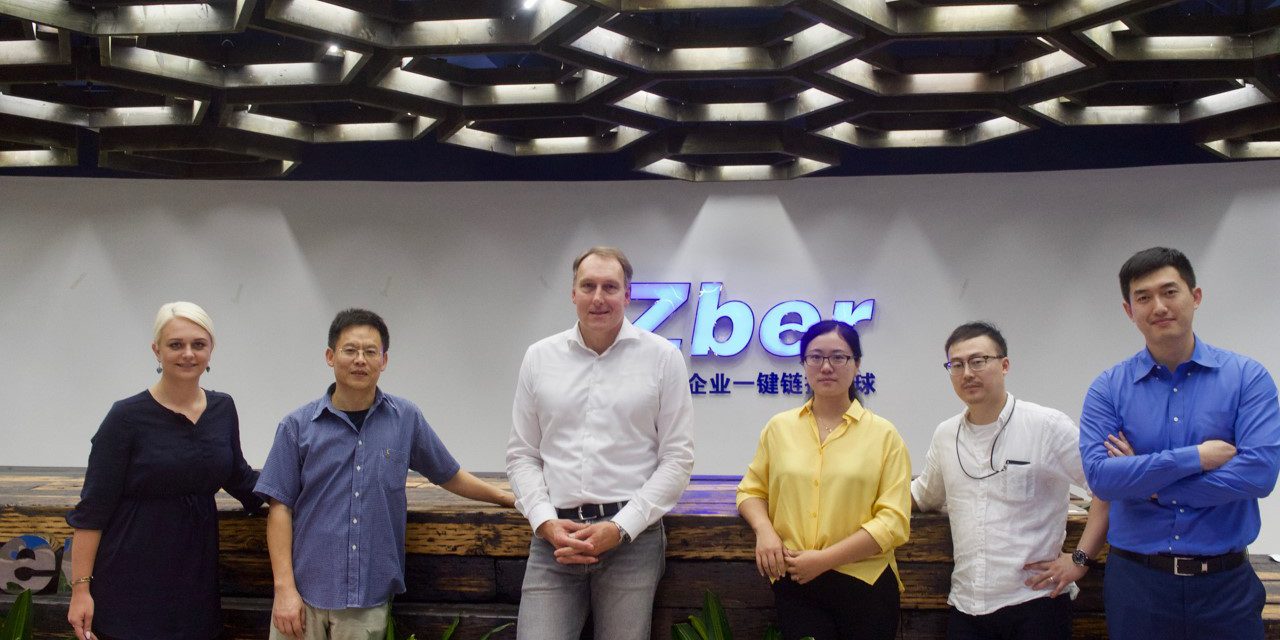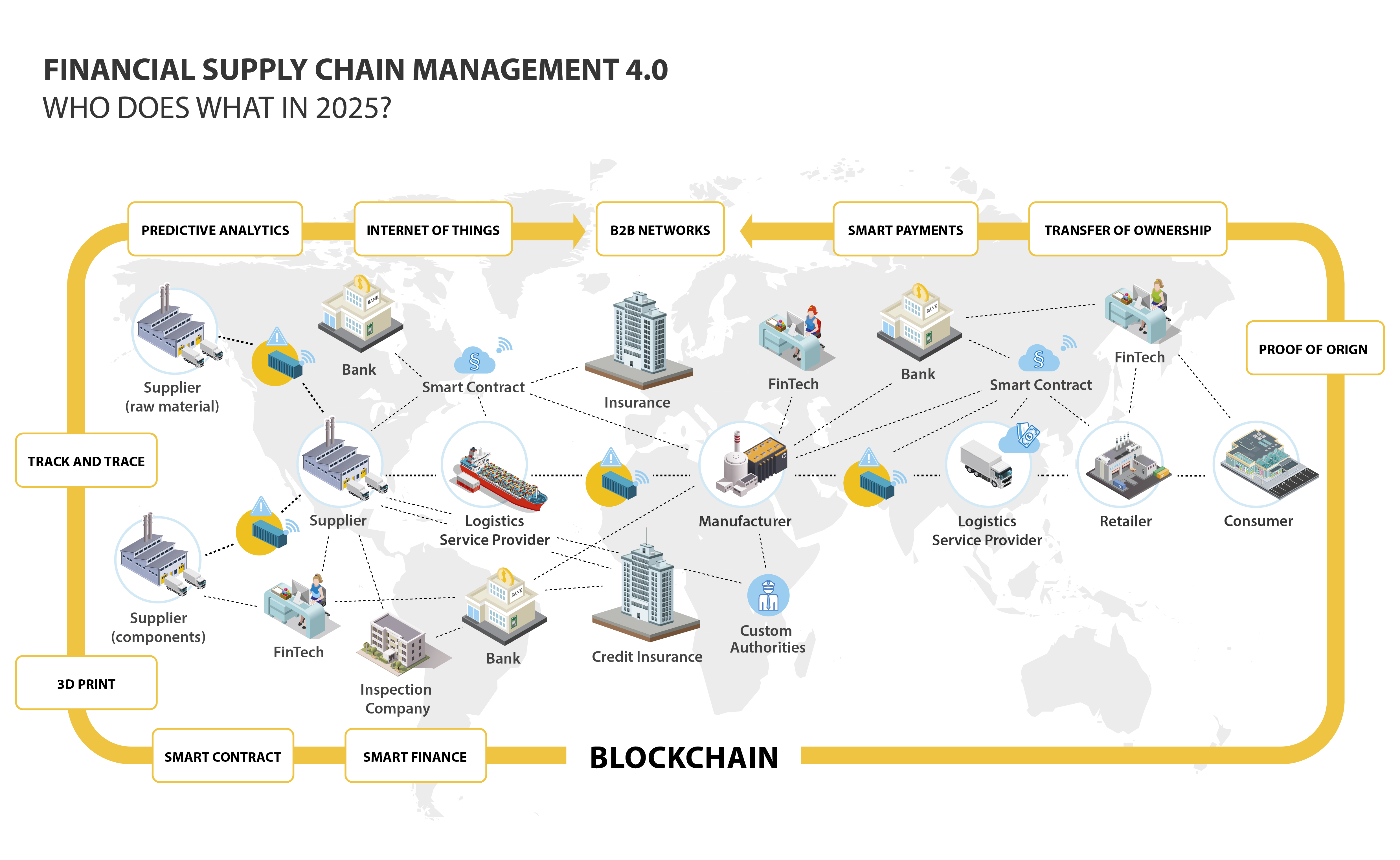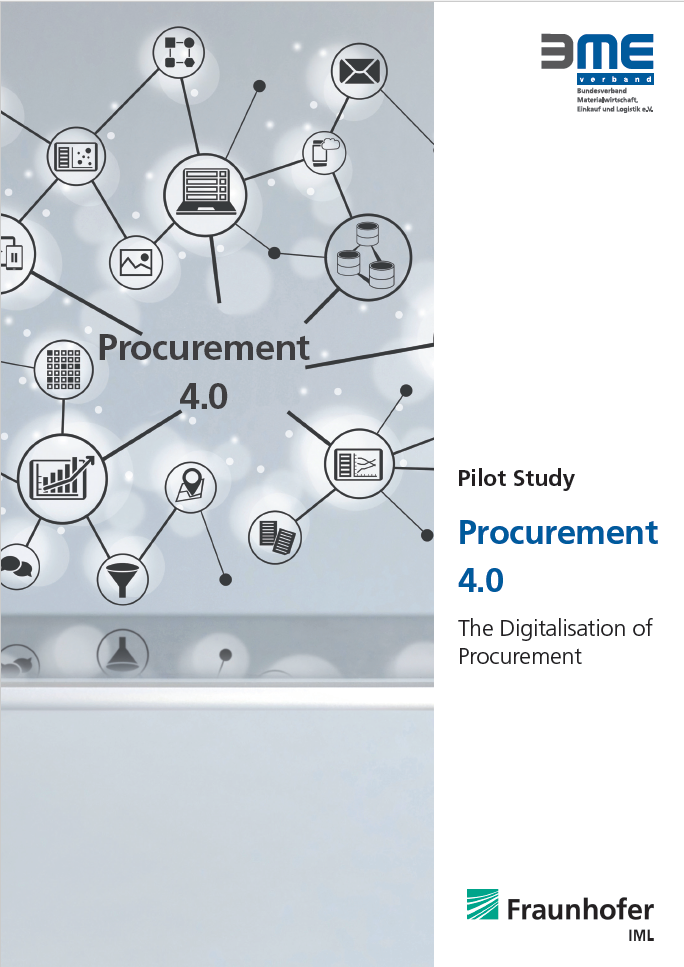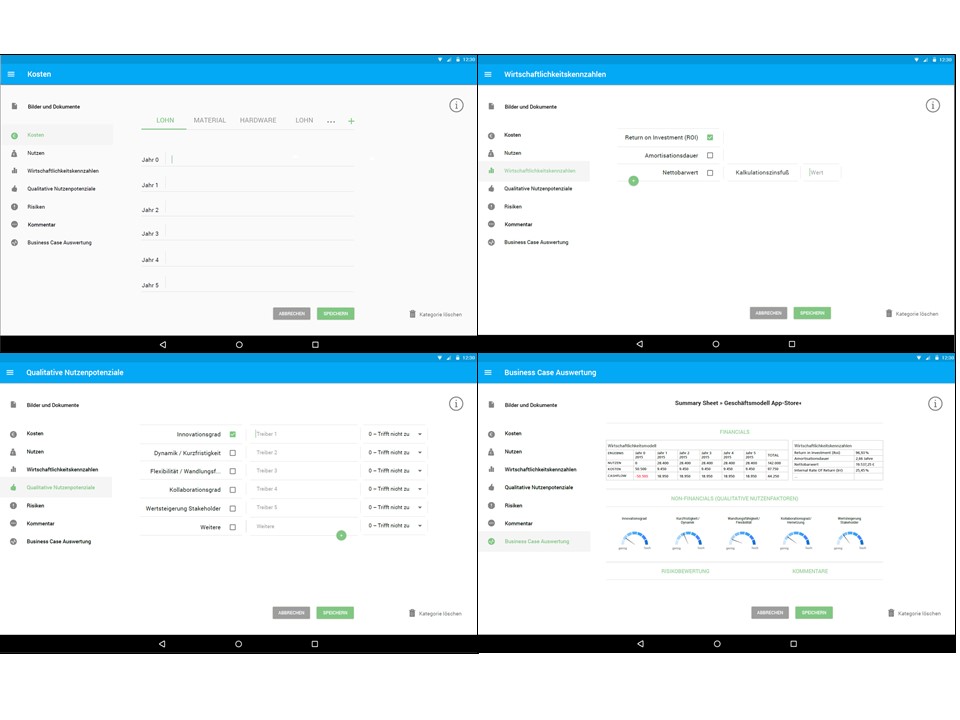ForestGuard
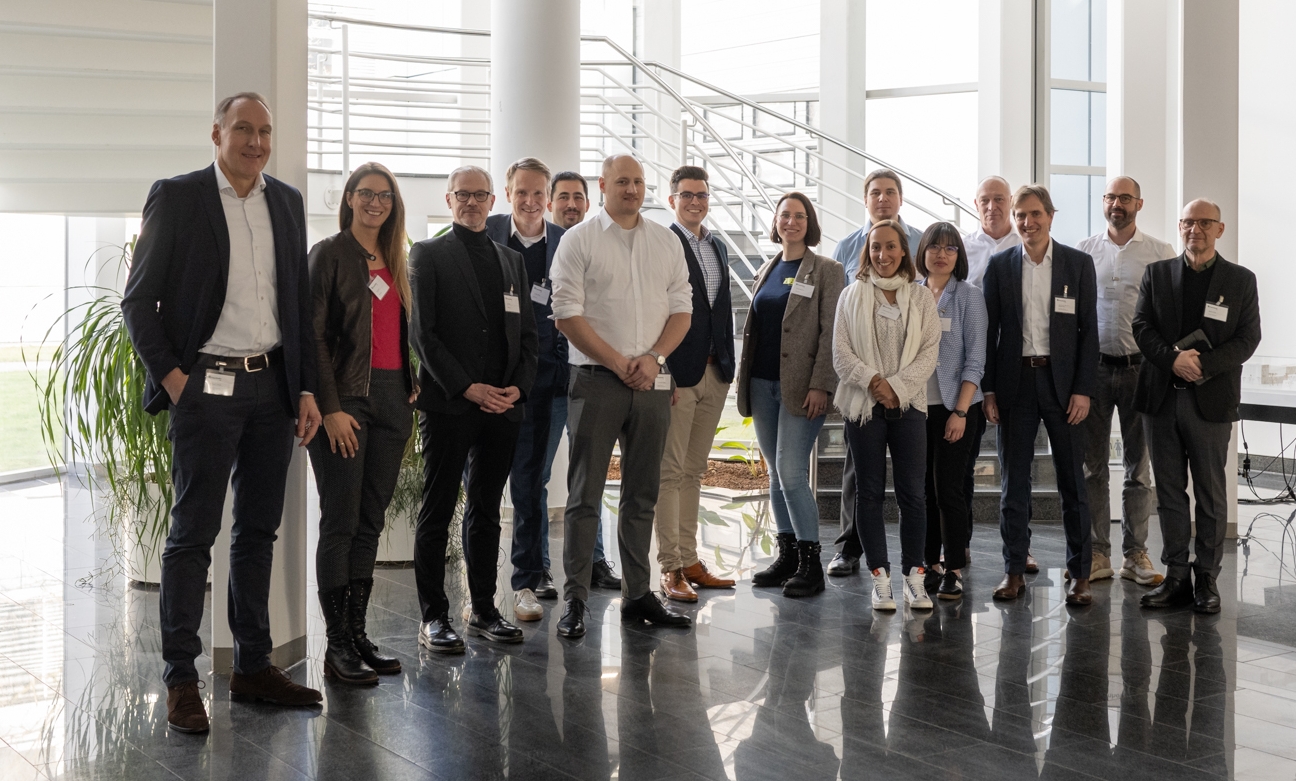
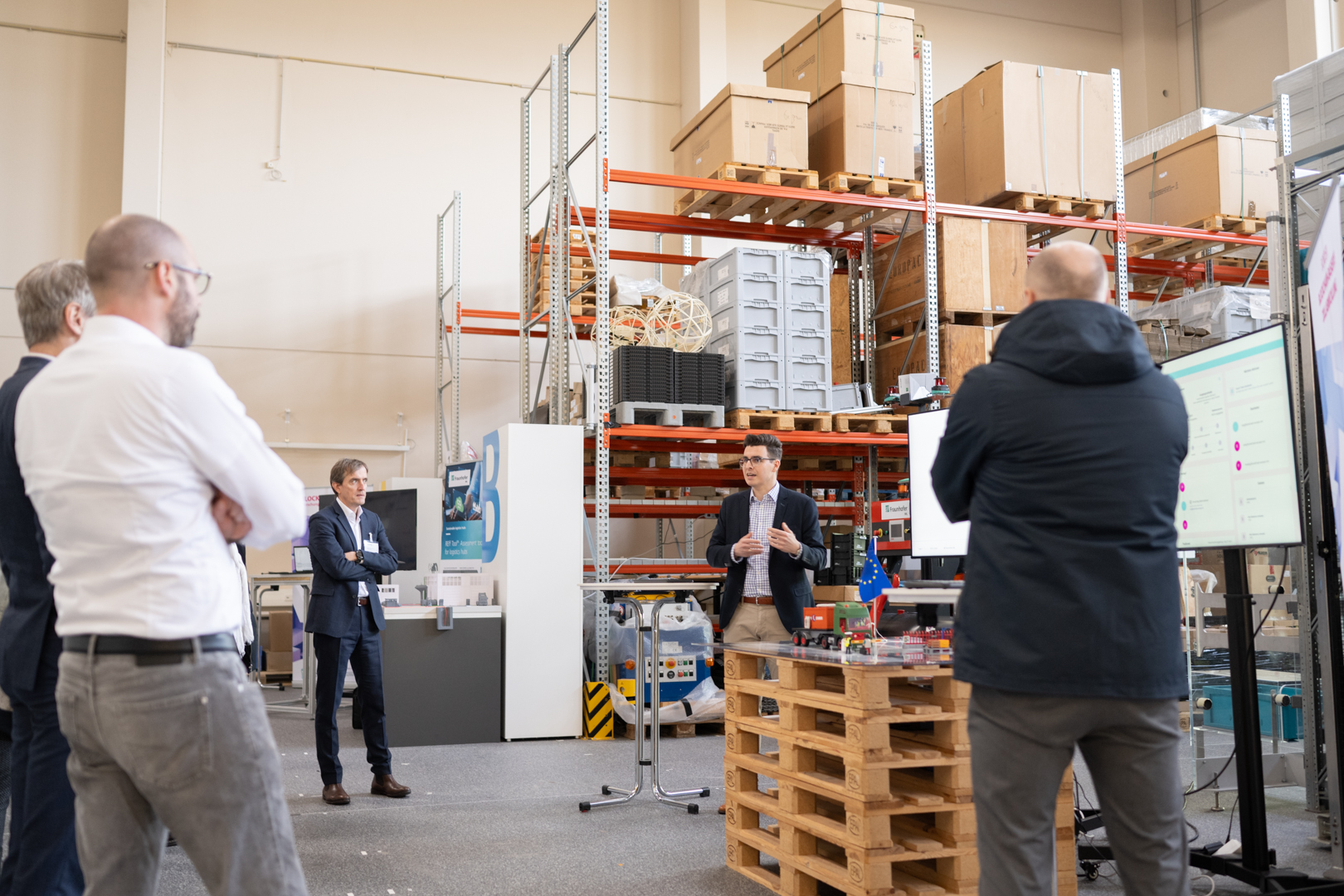
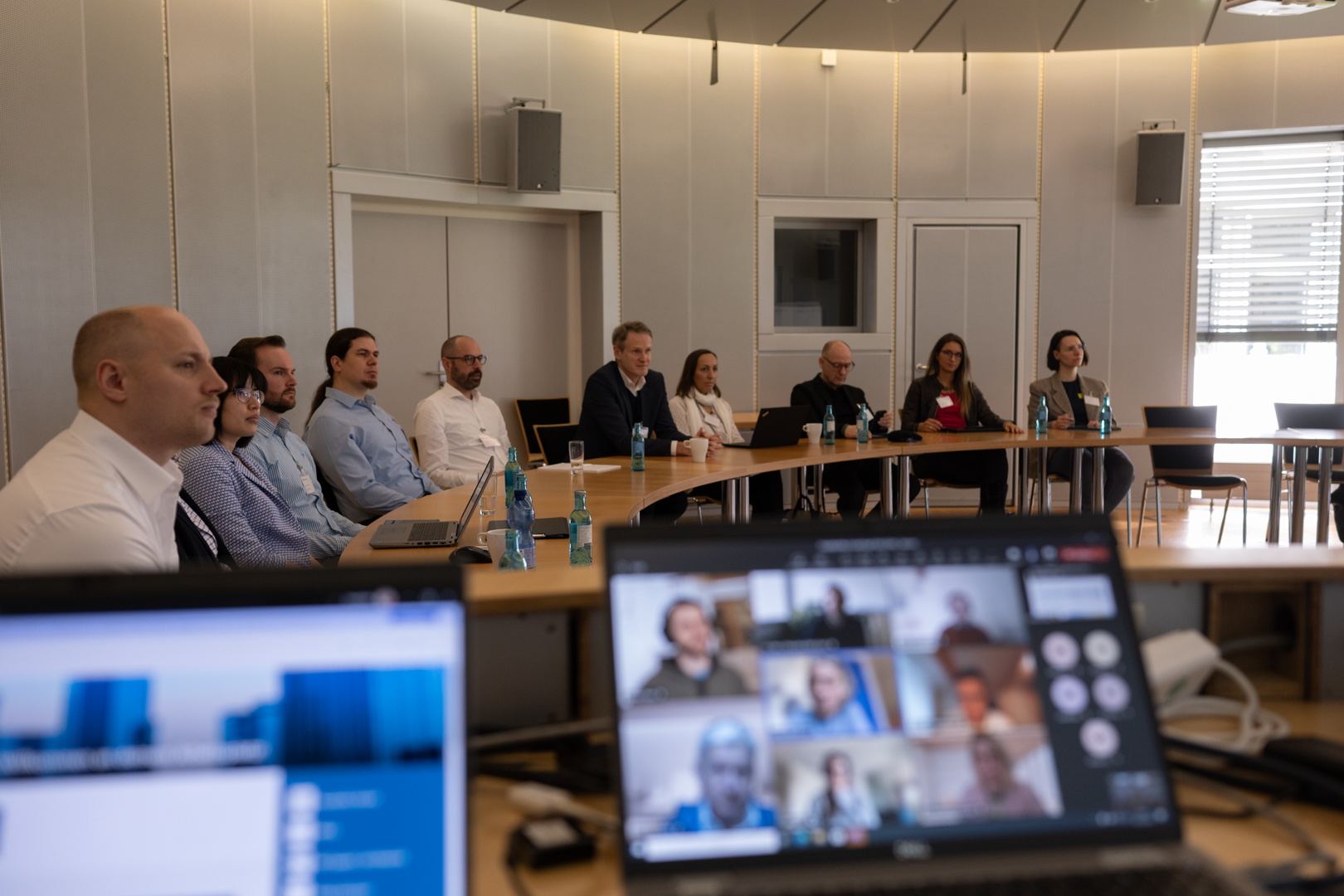
On January 29, 2024, the first project meeting of the "ForestGuard" project, funded by the Federal Ministry for the Environment, Nature Conservation, Nuclear Safety, and Consumer Protection (BMUV), took place at the Fraunhofer IML in Dortmund.
»ForestGuard« aims to support directly affected businesses in the EU, as well as stakeholders in producer countries, in complying with the requirements of the European Union Deforestation Regulation (EUDR). By comprehensively integrating data across the entire supply chain – from plantations to trade, using a coffee supply chain as an example – transparency and traceability of essential EUDR-related information are ensured.
The implementation of blockchain technology creates a »Single Point of Truth«, ensuring immutable data integrity. Access control allows targeted insights for companies or authorities, and the decision for open-source solutions significantly supports the scalability of the system.
In collaboration with representatives from BMUV, the Federal Ministry of Food and Agriculture (BMEL), the German Society for International Cooperation (GIZ), and partner companies Rewe Group and Schirmer Kaffee GmbH, the challenges of the EUDR were examined and discussed. Initial interim results and the project's focus were also discussed. Besides the emphasis on transferability to other EUDR-relevant products, the open-source nature of the "ForestGuard" approach was particularly highlighted by the nearly 30 participants as a counterbalance to commercial approaches.
In addition to well-received interim results, strategic planning steps for the upcoming implementation phase in the summer were discussed. The support from BMUV and close collaboration with experienced practical partners underscore the relevance of »ForestGuard« in the context of global environmental changes and the significant pressure on companies to enhance sustainability and transparency in supply chains, reflected in regulations such as the EUDR.
A tour of the research halls at Fraunhofer IML and the Institute for Materials Handling and Logistics (FLW) at TU Dortmund concluded the productive exchange in the afternoon. A follow-up meeting in the spring is already in the planning stage.
 Fraunhofer Institute for Material Flow and Logistics IML
Fraunhofer Institute for Material Flow and Logistics IML

